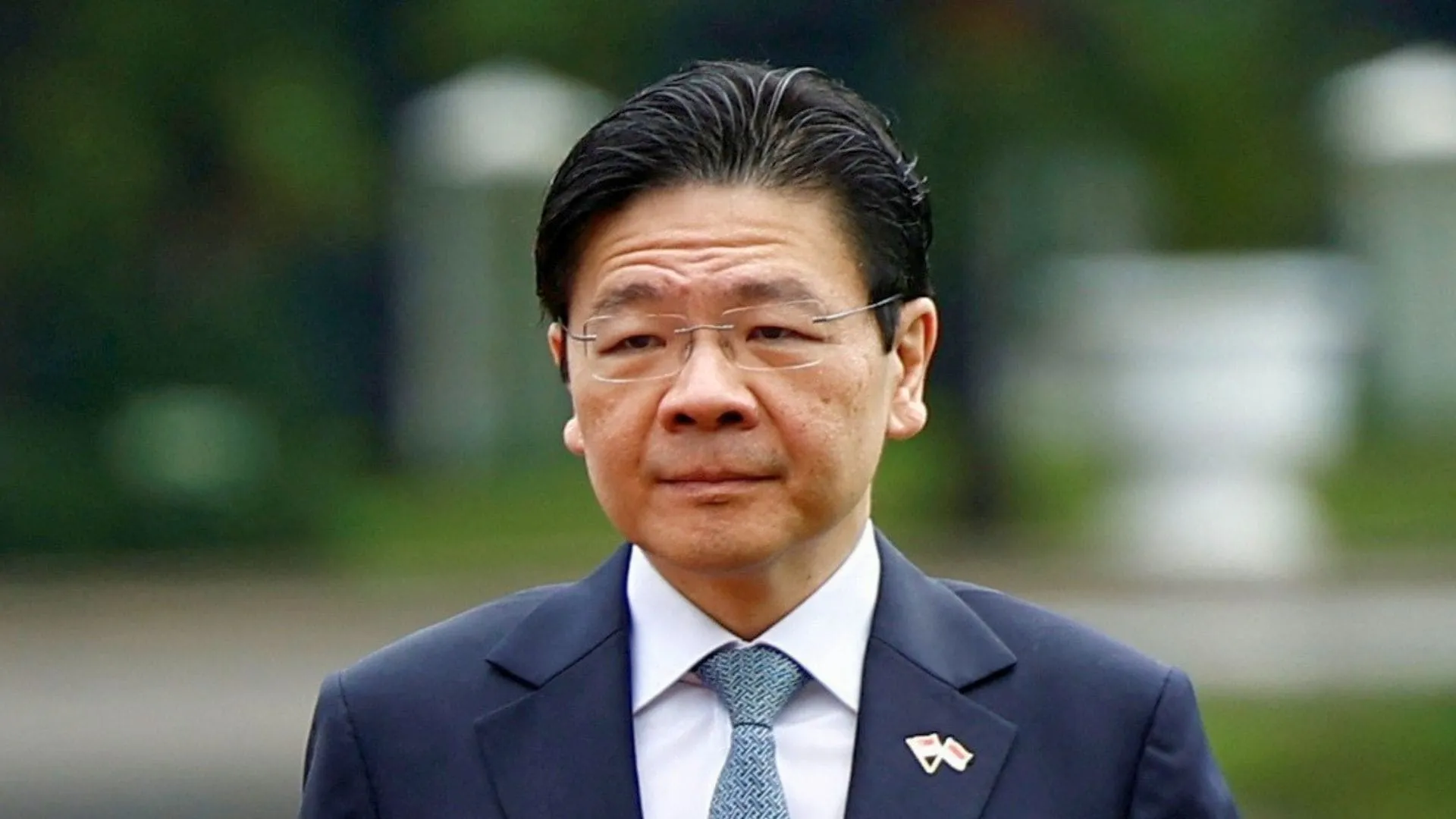Singapore PM Lawrence Wong has issued a stark warning about the shifting landscape of global trade, marking a “seismic change” in international relations and economics. He warned that US President Donald Trump’s aggressive tariff policies are reshaping the global order, signaling the end of free trade as we know it. As Trump introduces new tariffs, the world economy grows increasingly vulnerable, and countries like Singapore face rising uncertainty. Business leaders across the globe are concerned about the long-term effects of these tariffs, such as escalating operational costs and the looming threat of a recession. Wong’s warning highlights the urgent need for preparedness as these changes continue to unfold, challenging global stability.
*Nice speech by Singapore PM*
Related NewsThis is the kind of reassurance I was talking about from our leaders pic.twitter.com/NrqizZUEhv
— Alok Jain ⚡ (@WeekendInvestng) April 5, 2025
Trump’s Tariffs: Turning Point in Global Trade
Trump’s decision to impose a 10% baseline tariff, with potential rates soaring up to 25%, has shocked markets worldwide. PM Wong described these measures as “arbitrary, protectionist, and dangerous,” with far-reaching implications for the international trading system. He drew a stark parallel between the current global tensions and the trade disputes that preceded World War II, highlighting the risks of escalating trade wars. PM Wong warned that the growing uncertainty surrounding US trade policies could very well lead to a full-scale trade war. While Singapore remains committed to free trade and global cooperation, the world faces a turning point, where previously established global rules are no longer applicable. This seismic change poses significant challenges for economies dependent on predictable trade policies, including Singapore.
Singapore’s Response: No Retaliation Amid Economic Concerns
Despite its deep reliance on international trade, Singapore has made the decision not to impose retaliatory tariffs, even though it falls within the lowest tax slab of 10%. This careful stance comes amid concerns voiced by business leaders across Asia, who are wary of the long-term impact of rising tariffs. Countries like China, Japan, and India have already felt the repercussions of these new tariffs, with Chinese imports facing a staggering 54% duty. Wong acknowledged the growing fears of an economic slowdown and rising operational costs but emphasized that retaliatory tariffs would only worsen the situation. Instead, he called for comprehensive reforms to address the increasing trend of protectionist measures, urging countries to work together to stabilize the global trading system.
As the world navigates this seismic shift in trade relations, Singapore’s message is clear: “Brace for the uncertain and turbulent times ahead.”























